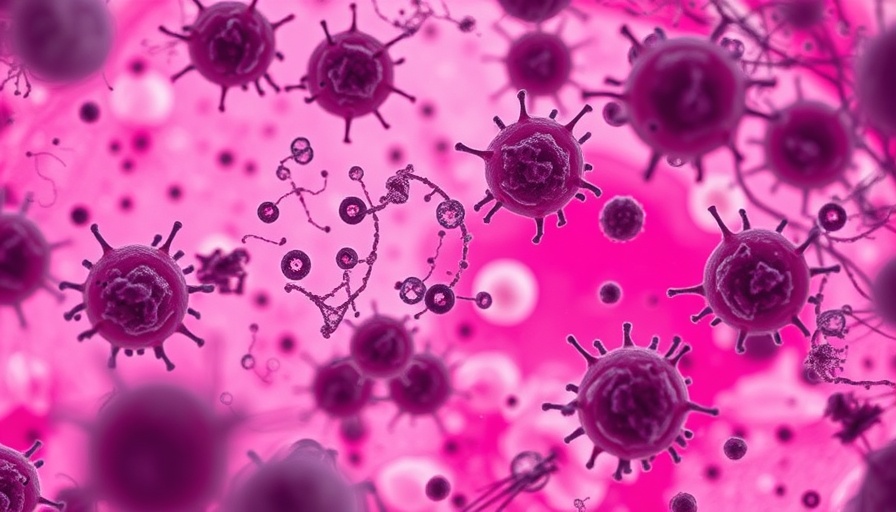
Understanding the Plague and How It Affects You
Recently, the death of a person in Arizona due to the plague has alarmed many, but what does this mean for those of us living in communities like the Grand Strand in South Carolina? The plague, caused by the bacterium Yersinia pestis, can manifest in different forms, the most severe being pneumonic plague, which affects the lungs and can spread between people.
Who’s at Risk?
Risk factors for contracting the plague often include close contact with infected animals or environments such as rural areas where rodents are common. While the plague is rare in the United States, areas with a history of its presence can pose risks, especially for those who work outdoors, like farmers and landscapers.
Precautionary Measures to Protect Yourself
Even though our coastal areas like Myrtle Beach, Surfside Beach, and Pawleys Island are not hotspots for the plague, it’s still vital to be vigilant. Here are practical tips:
- Keep Your Living Space Clean: Regularly clean areas where rodents might nest, such as garages or storage sheds.
- Avoid Direct Contact: Steer clear of wildlife. If you see a sick or dead animal, report it to local wildlife authorities.
- Use Repellents: If you're spending a lot of time outdoors, use insect repellent to ward off fleas.
The Importance of Staying Informed
Understanding health threats like the plague is crucial. While local health departments generally monitor such diseases, individuals should stay informed and understand how to protect themselves and their families.
Emotional Impacts and Community Responses
News about the plague can evoke fear, making it essential to discuss it openly within our communities. Talk with family and friends about health concerns, helping alleviate anxiety and ensuring everyone stays informed about safety measures related to local health issues.
Global Context: The Plague Today
Globally, incidents of plague still occur in some countries, but they are frequently contained through public health interventions. By maintaining awareness of these issues, residents can cultivate a proactive mindset towards their health care.
Engage with Local Health Resources
Utilize resources from your local health department, especially for up-to-date information on any outbreaks or health measures specific to our beaches and communities. Resilience in health often starts locally.
In conclusion, while the death in Arizona serves as a stark reminder to consider our health and safety, there's no need for panic. By staying informed and taking appropriate precautions, we can help ensure a healthy environment for ourselves and our families. Don't hesitate to reach out to local health services for guidance and support as they provide invaluable tools and information.
 Add Row
Add Row  Add
Add 





Write A Comment